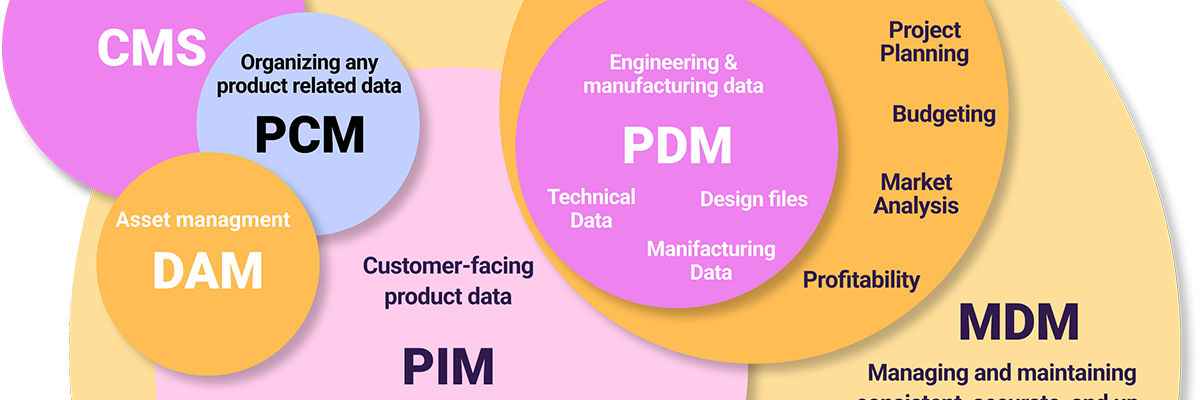What Is Customer Relationship Management (CRM)?
Customer Relationship Management (CRM) is a comprehensive business strategy and technological framework designed to manage and optimize customer interactions throughout their entire lifecycle.
The primary objective of CRM is to strengthen customer relationships, enhance customer satisfaction, and drive business growth by systematically tracking, analyzing, and leveraging customer data and engagement patterns.
CRM solutions integrate and streamline various aspects of an organization's customer-facing operations, including sales, marketing, and customer support. They provide a centralized repository for customer information, allowing businesses to manage leads, prospects, and customer accounts while maintaining a holistic view of their customer base.
Key components of CRM systems include:
- Contact Management. CRM systems facilitate the organization and storage of customer contact information, such as names, addresses, phone numbers, and email addresses. This enables businesses to maintain up-to-date records and effectively manage communication with customers.
- Lead Management. CRM software helps businesses track and manage leads throughout the sales funnel, from initial contact to conversion into customers. This includes lead scoring, nurturing, and prioritization to optimize sales efforts and increase conversion rates.
- Sales Automation. CRM solutions automate and streamline sales processes, such as proposal generation, order processing, and tracking of sales opportunities. This reduces the administrative burden on sales teams and increases productivity.
- Marketing Automation. CRM systems enable targeted and personalized marketing campaigns based on customer segmentation and behavioral data. This includes capabilities such as email marketing, social media management, and campaign tracking.
- Customer Support and Service. CRM software provides a platform for managing customer support requests, tracking issue resolution, and maintaining a knowledge base for self-service support options. This helps businesses deliver timely and effective customer service.
- Analytics and Reporting. CRM systems provide extensive reporting and analytical tools to measure customer engagement, campaign performance, and sales trends. This data-driven approach enables businesses to make informed decisions and refine their strategies for improved results.
- Integration. CRM solutions often integrate with other business applications, such as Enterprise Resource Planning (ERP) systems and Product Lifecycle Management (PLM), accounting software, and eCommerce platforms, creating a cohesive ecosystem for managing customer data and interactions.
- Top Platforms. Popular CRMs are solutions like Salesforce, HubSpot, Zendesk, etc.
📑Managing Product Data, Customer Data and Tools You May Need Infographic.
What is PIM, and how different is it from other similar tools? We’ve tried to clear up the acronym confusion in eCommerce with the following infographic that provides you with a visual comparison of all relevant terms. Individual posts dig deeper into each term and the concept behind it.
📝READ WHAT IS PIM AND DOWNLOAD THE INFOGRAPHIC FOR FREE FROM HERE

Implementing CRM solutions results in more targeted marketing efforts, enhanced customer service, and, ultimately, stronger customer relationships that contribute to long-term business success.